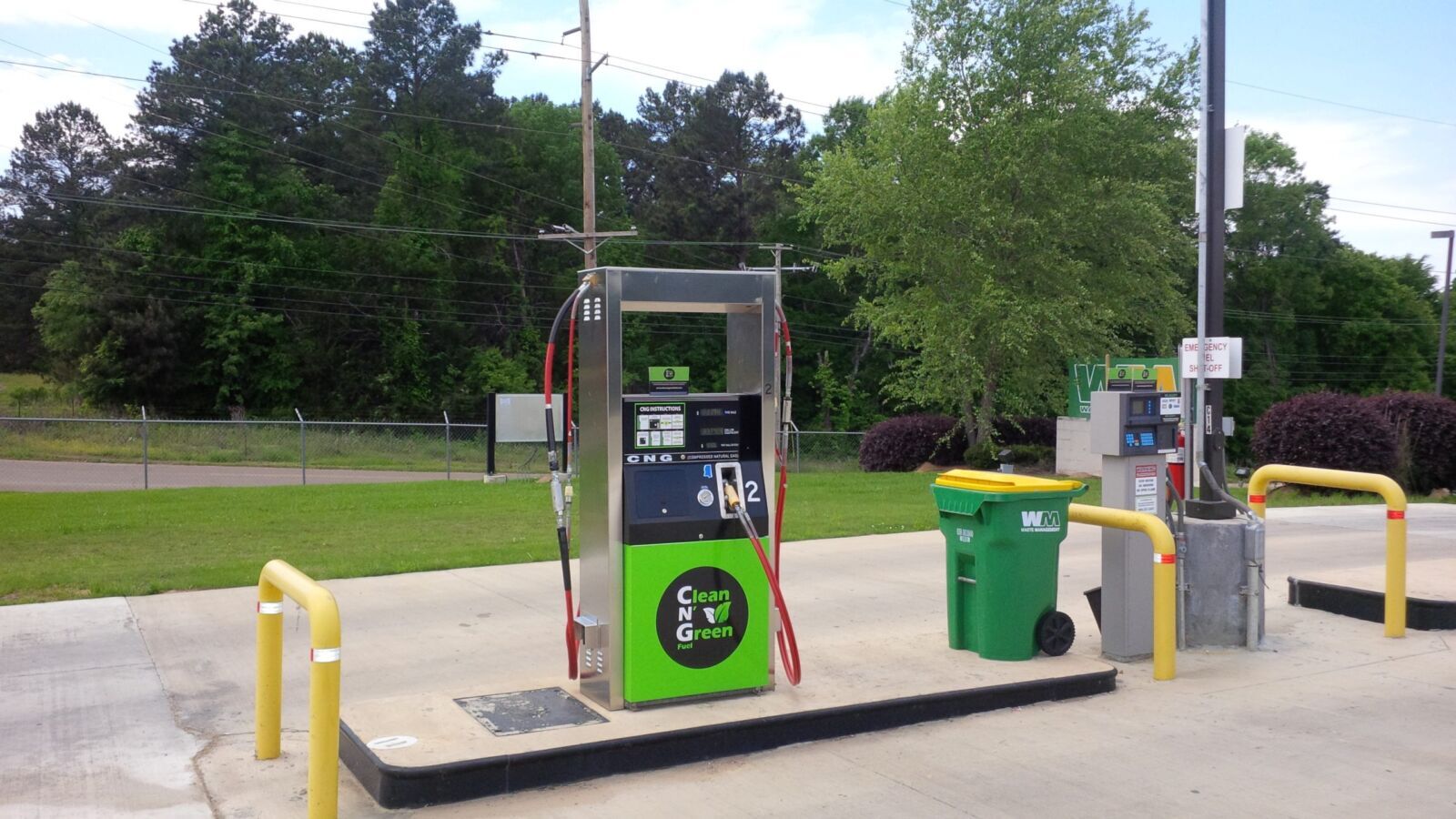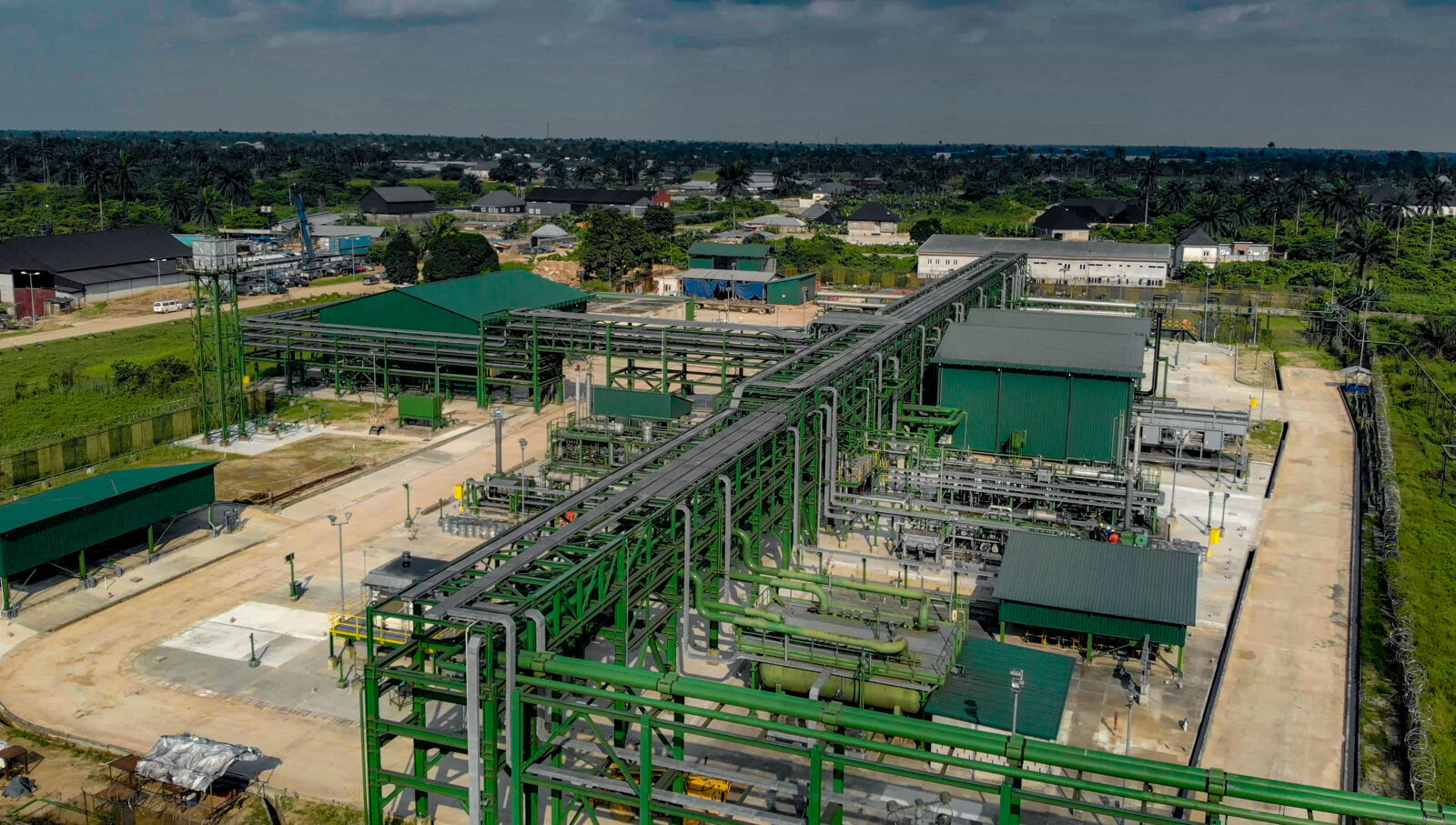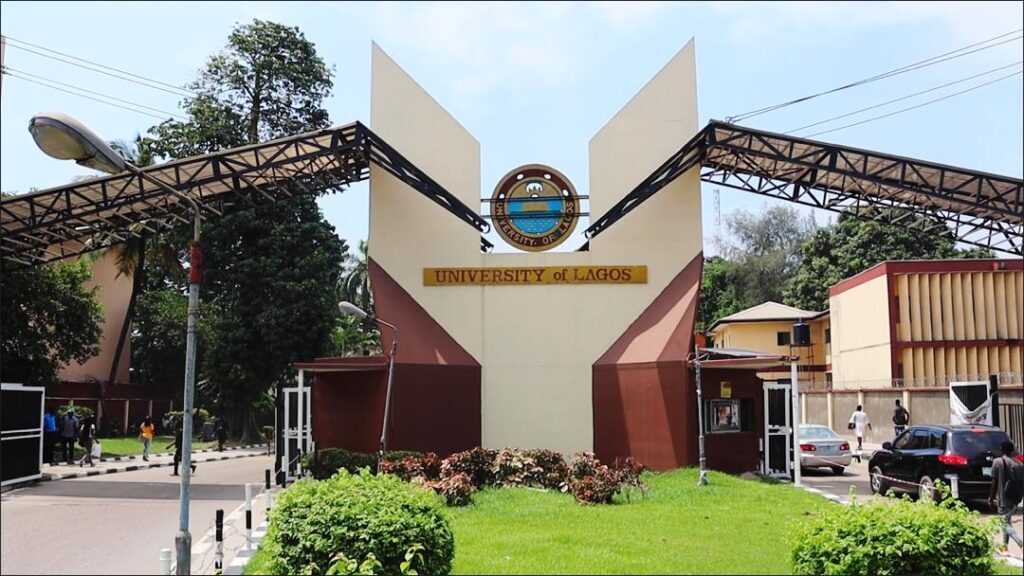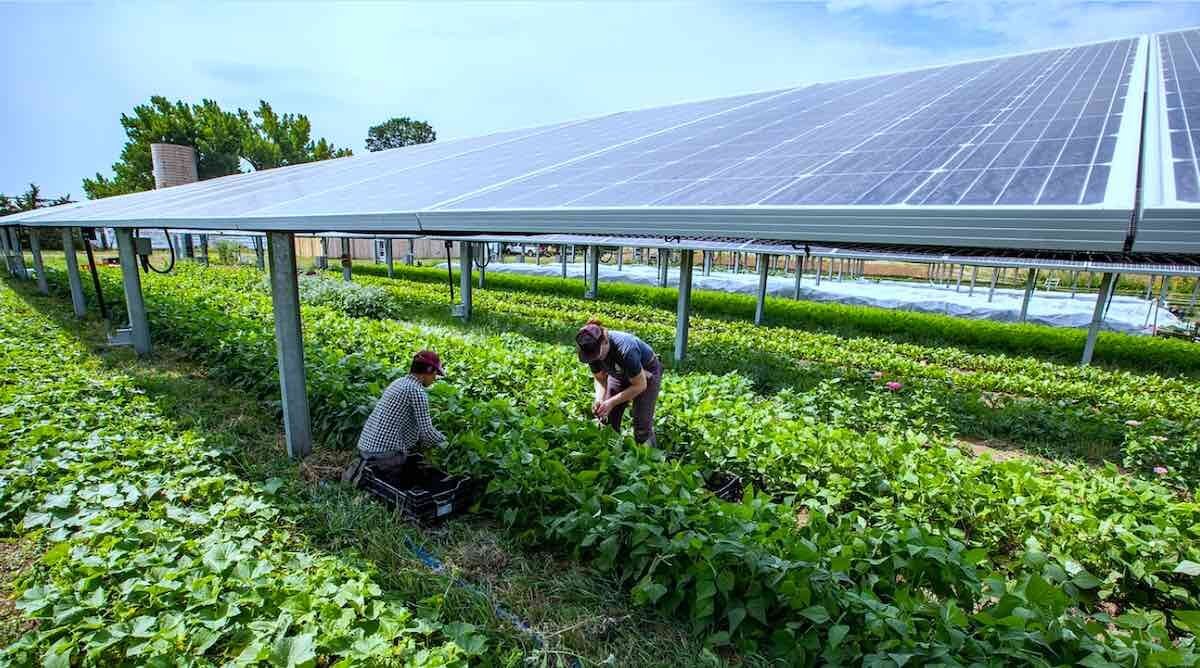


Nigeria's shift to compressed natural gas requires strict safety standards, inspections and enforcement to secure public trust and sustain economic, environmental and energy-security gains.

New modelling links the 2020 IMO sulphur cap to reduced ship-generated aerosol cooling, increasing solar radiation and marginally raising Great Barrier Reef heat stress.

A $3.5m rigless recompletion at Agbada‑67 doubled OML 17 gas output, stabilising eastern power generation and demonstrating scalable brownfield gains.

University of Lagos aligns research, operations and community programmes with the UN 2030 Agenda, deploying solar EVs, telemedicine and innovation-to-market initiatives advancing SDG integration.

Africa's solar expansion accelerates, raising concerns about land use, biodiversity, water and community impacts without sustainable planning.

African private capital firms report women are 44% of staff and 38% of investment professionals, yet women hold fewer senior decision-making roles.